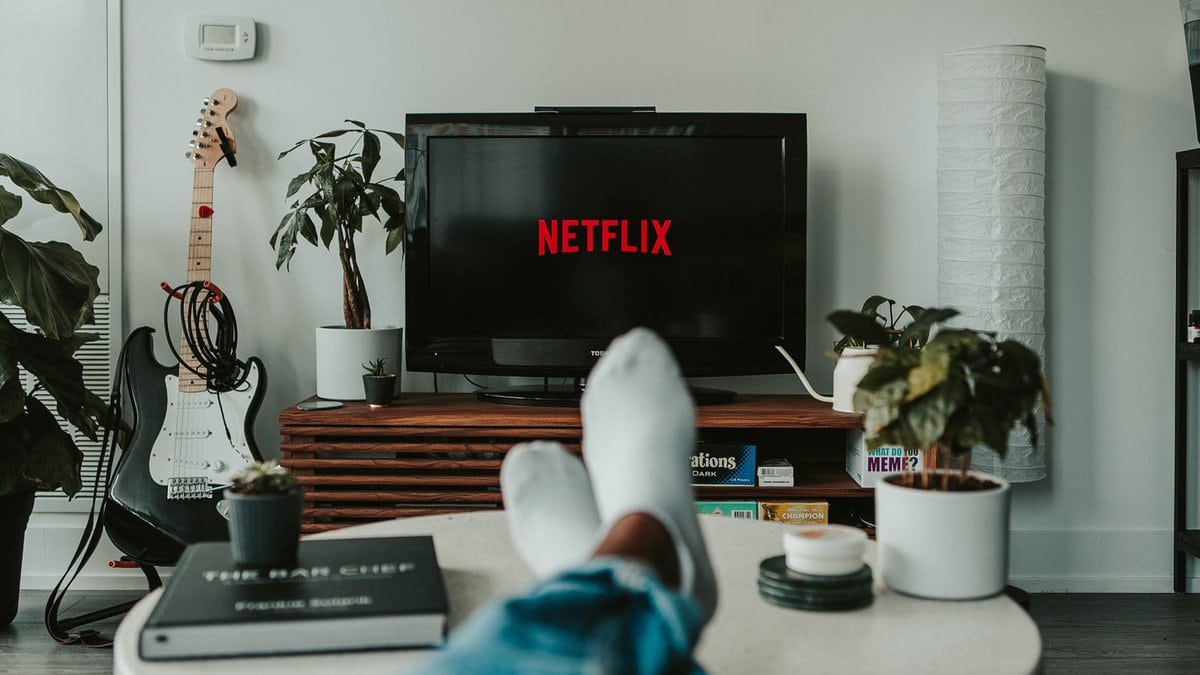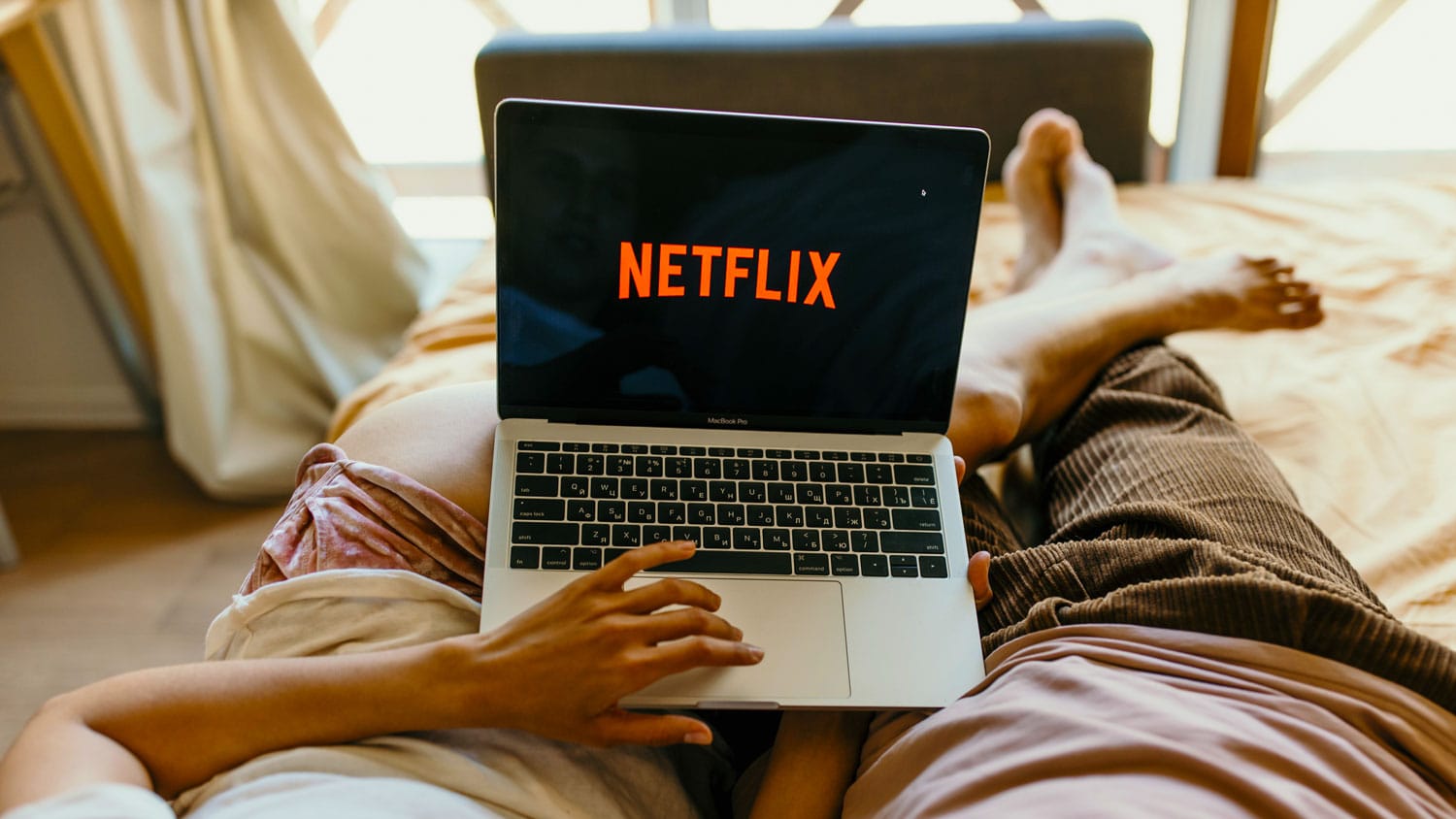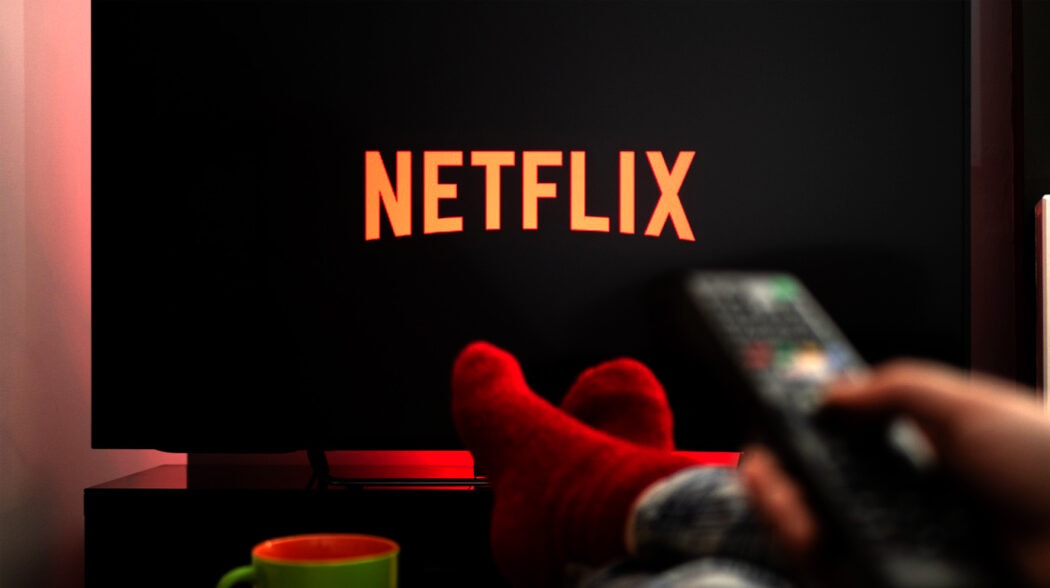Netflix is a great American success story. Founded in 1997 as a DVD-by-mail service, the company has since expanded into streaming video and is now watched in over 190 countries.
Netflix has been causing quite a stir lately with its decision to split its services in two. Beginning on October 5, those who want to continue to have access to the company’s DVD rental service will have to pay an additional $7.99 per month on top of their current streaming subscription plan. This change has caused many people to voice their concerns over Netflix’s potential demise, and for good reason. Here are five reasons why Netflix’s business model is doomed to fail.
1. Netflix’s Business Model is Based on a “Freemium” Model, which is Doomed to Fail

Credit: Pexels
READ MORE: Elite Season 6 Potential Release Date, Cast, Plot & More
Netflix’s business model is based on a “freemium” model, which allows users to sign up for a free trial and then raises prices after the trial period ends. While this may seem like a good way to attract new customers, it is ultimately doomed to fail. The reason is that customers who have already signed up for a free trial are much less likely to be willing to pay for the same service again. Furthermore, once customers have been enticed by a free trial, they are likely to be disappointed when they find out that they must pay for the full service. As a result, Netflix’s business model is not sustainable in the long run.
2. Netflix’s high subscription prices are driving customers away
While Netflix may be the leading streaming service, its high subscription prices are beginning to turn customers away. Netflix recently raised its prices, and many customers are beginning to balk at the new rates. In addition, other streaming services such as Hulu and Amazon Prime offer a variety of content for a lower monthly price. As a result, Netflix is losing market share to its competitors. This is evident in the company’s declining stock price and slowing growth. In order to regain its position as the top streaming service, Netflix will need to reconsider its pricing strategy. Otherwise, it risks being left behind by its cheaper and more popular rivals.
3. The company is not doing enough to attract new subscribers

Credit: Pexels
READ MORE: The Witcher Season 3 Potential Release Date, Cast, Story & More
Netflix has long been the king of streaming services, but its position is now under the threat. A recent study found that Netflix is losing subscribers and that its rate of growth has slowed down significantly. The main reason for this is that other services, such as Amazon Prime and Hulu, are starting to offer more attractive content. In order to keep up with its competitors, Netflix needs to do more to attract new subscribers.
One way it could do this is by investing in original content. This would make Netflix’s library more unique and would give potential subscribers a reason to choose it over other services. Additionally, Netflix could also improve its user interface and make it easier to find the best content.
Finally, Netflix needs to do a better job of promoting its service by giving discounts or special offers like, for instance, mobile casinos UK can do with plenty of profitable bonuses and promotions they prepare each month for their customers. In addition, Netflix can use social media to reach potential subscribers and should also invest in advertising. By taking these steps, Netflix can ensure that it remains the top streaming service.
4. Streaming Services are Becoming Obsolete as More People Adopt Cable TV Again
Netflix and other streaming services have been on the rise in recent years, as more and more people ditch traditional cable TV packages in favour of a cheaper, more convenient alternative. However, it seems that the honeymoon period may be coming to an end, as a new report indicates that cable TV is making a comeback. According to the report, the number of people subscribing to cable TV rose for the first time in four years in 2018. And while Netflix continues to grow, its growth rate has slowed down significantly.
There are a number of factors that could be driving this trend. For one, Netflix and other streaming services have gotten much more expensive in recent years, while cable TV packages have become more affordable. Additionally, cable providers have upped their game in terms of content and offerings, making them a more attractive option for many consumers. It remains to be seen whether this trend will continue, but it’s clear that Netflix and others will need to work hard to keep their customers happy if they want to stay afloat.
5. Netflix Relies Too Much on Third-party Providers for Content

Credit: Pexels
READ MORE: Squid Game Season 2 Release Date Won’t Be Until 2024
Netflix has been incredibly successful in recent years, with a large part of that success due to its focus on providing a great selection of movies and TV shows. However, Netflix has come under fire recently for their reliance on third-party providers for much of its content. While Netflix does produce some of their own original programming, the majority of what they offer comes from other sources.
This has led to some concerns that Netflix is not doing enough to support original content creators. Netflix has responded by saying that they are working on increasing their investment in original programming, but some critics remain sceptical. Netflix’s reliance on third-party content may be a cause for concern, but as long as they continue to invest in quality programming, their subscribers will likely remain happy.
Conclusion

Netflix’s business model is doomed to fail for a number of reasons, chief among them being its unsustainable strategy of spending more money than it makes. Other reasons include its increasing debt levels, inability to keep up with changing technologies, and lack of differentiation in the market. While Netflix has had success so far, we believe that these five factors will ultimately lead to its downfall. Have you seen any signs that Netflix is struggling?
What do you make of this story? Let us know in the comments below or on our Facebook, Twitter or Instagram pages! And if you enjoy listening to film podcasts, why not check out our podcast, The Small Screen Podcast, wherever you get your podcasts!















There are no comments
Add yours